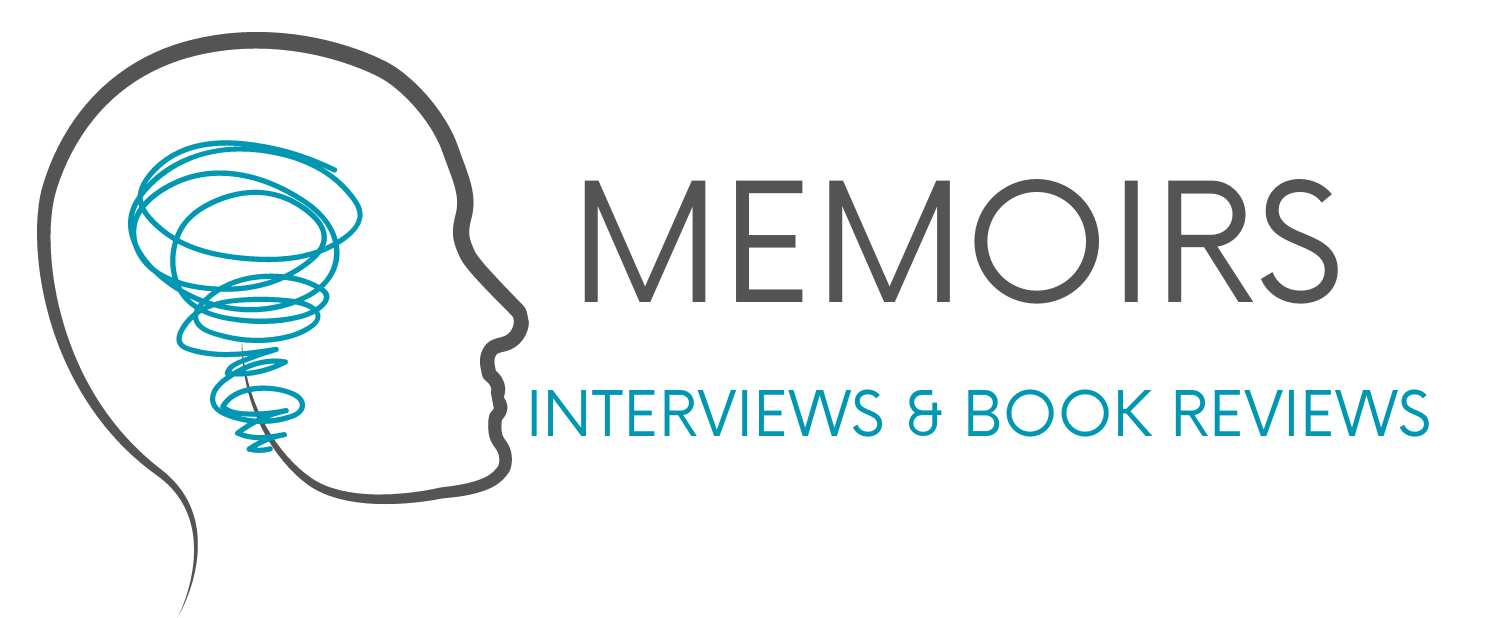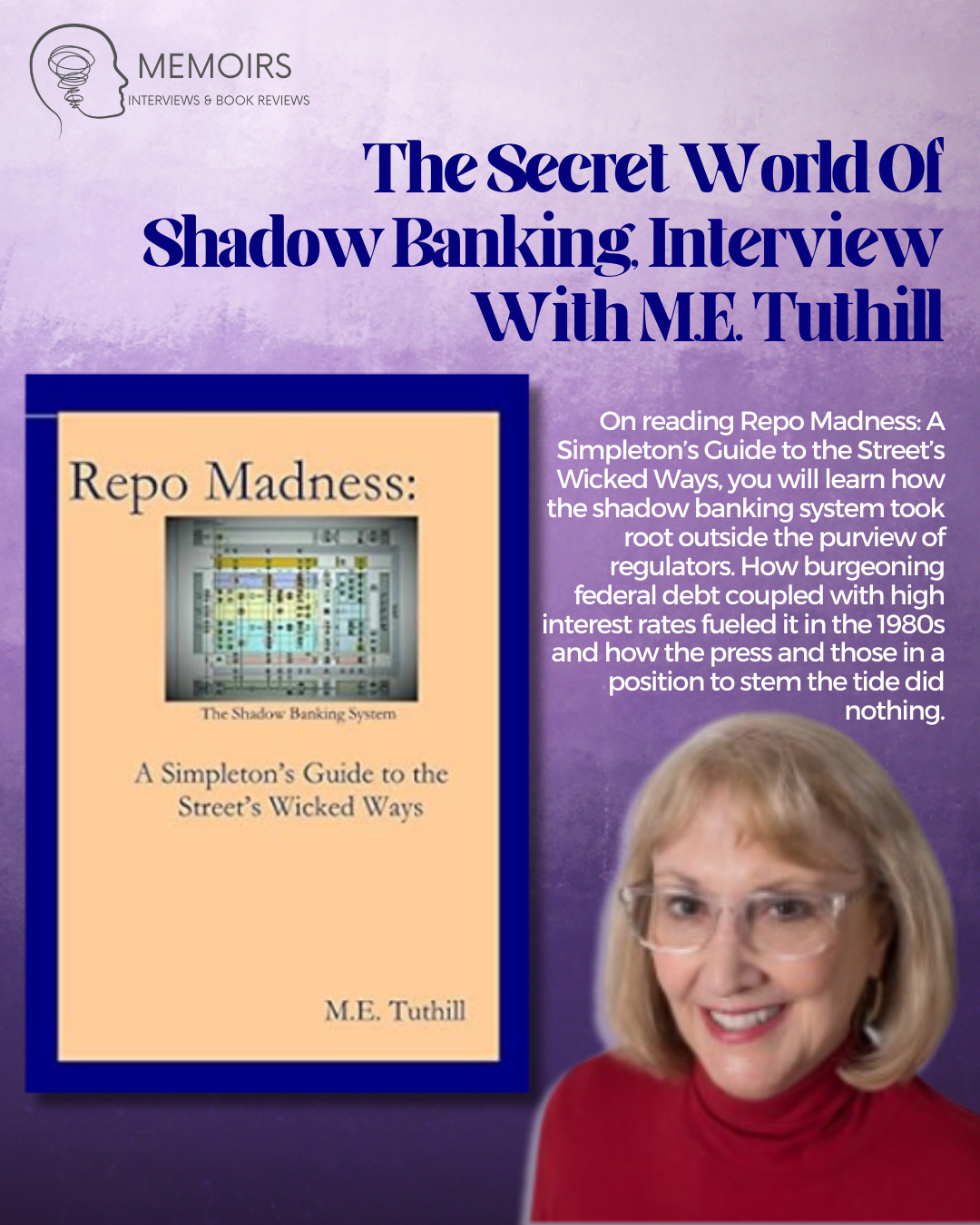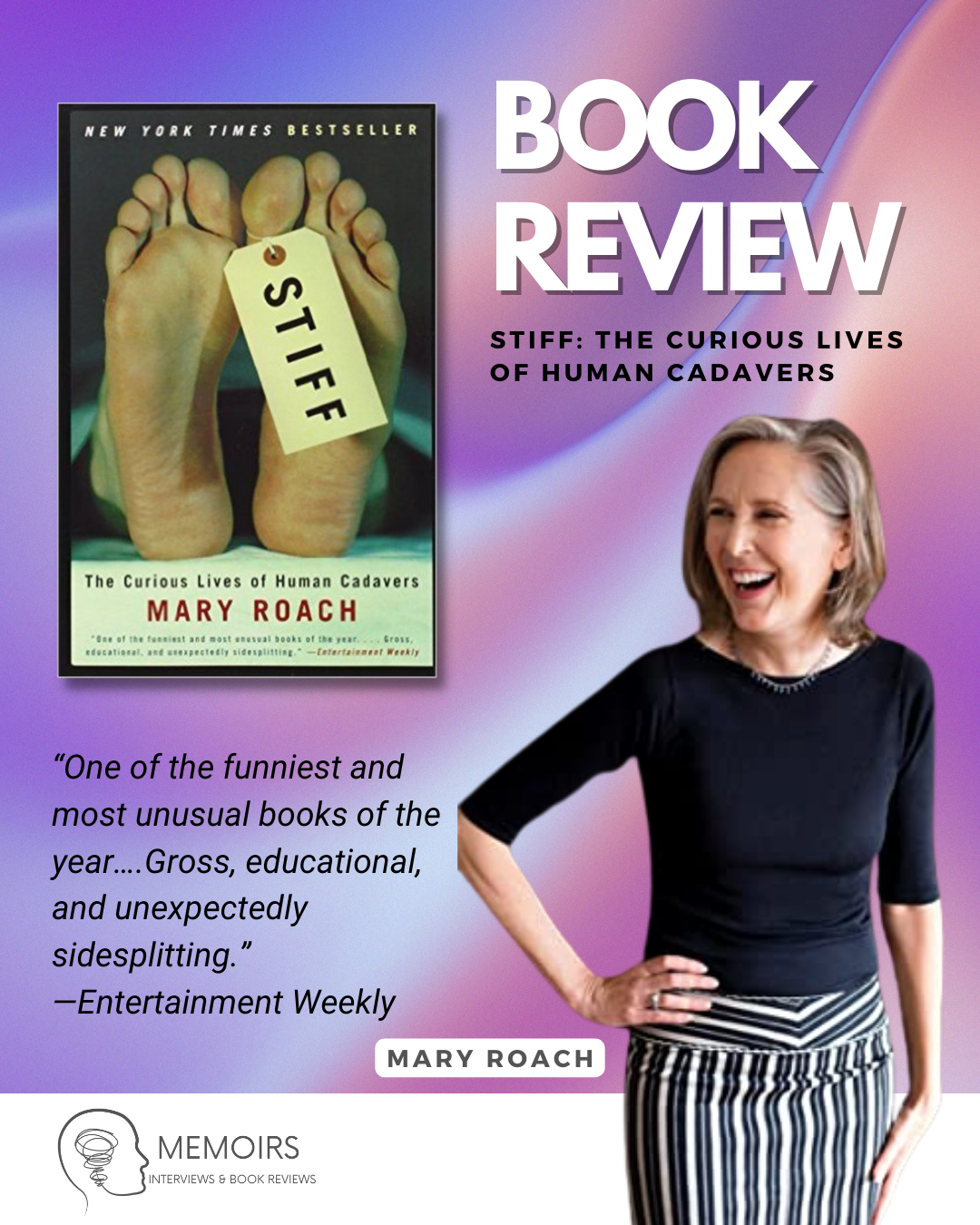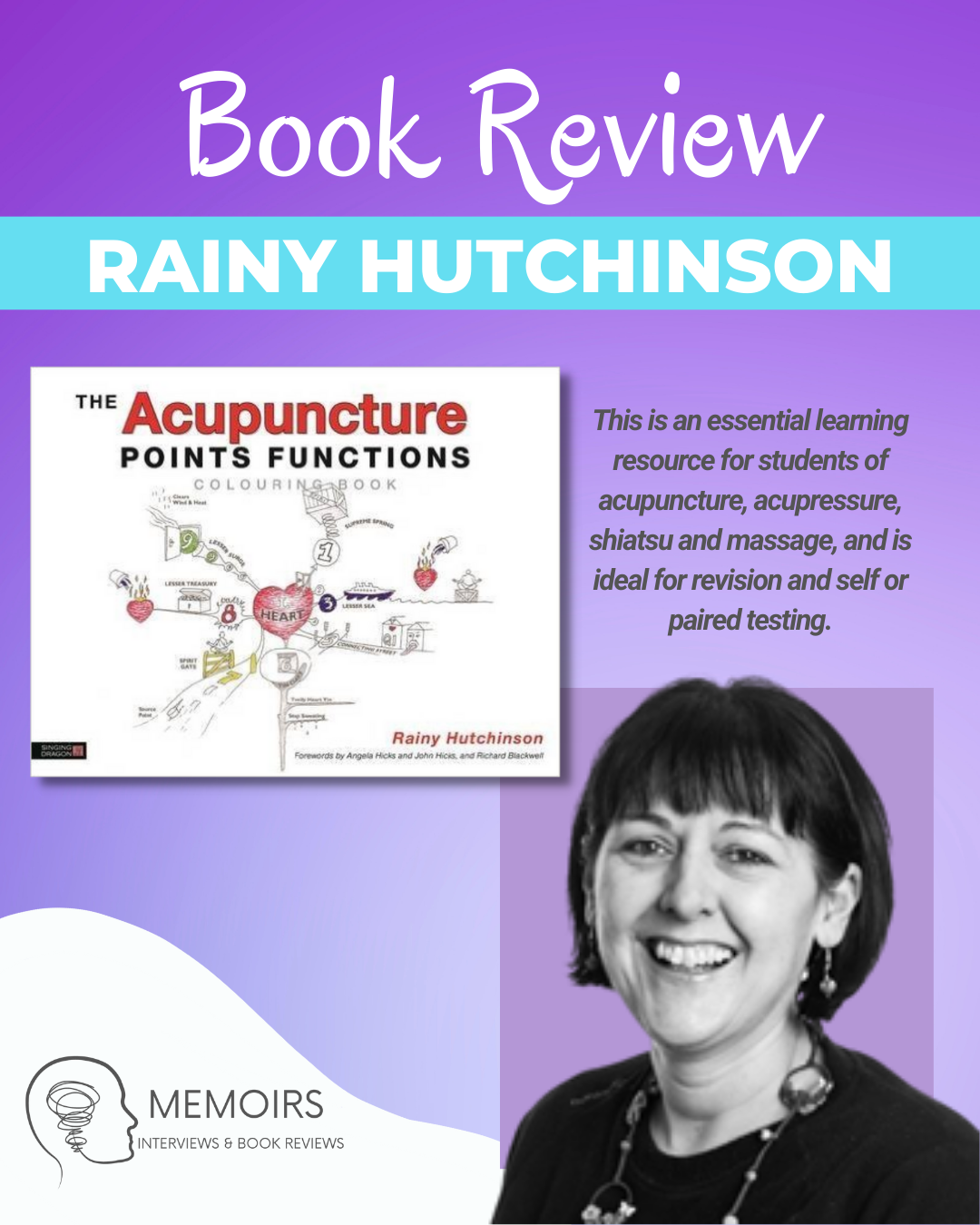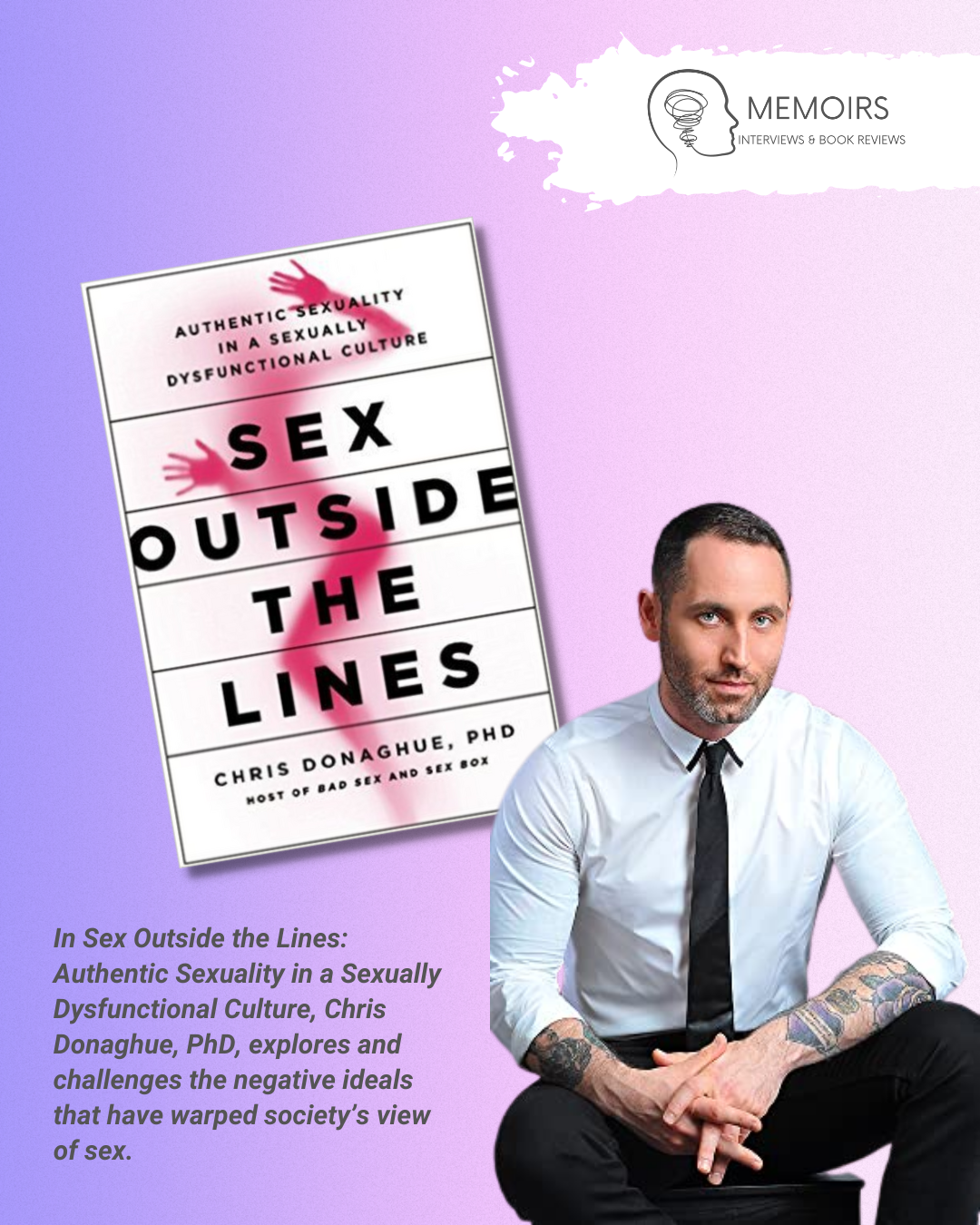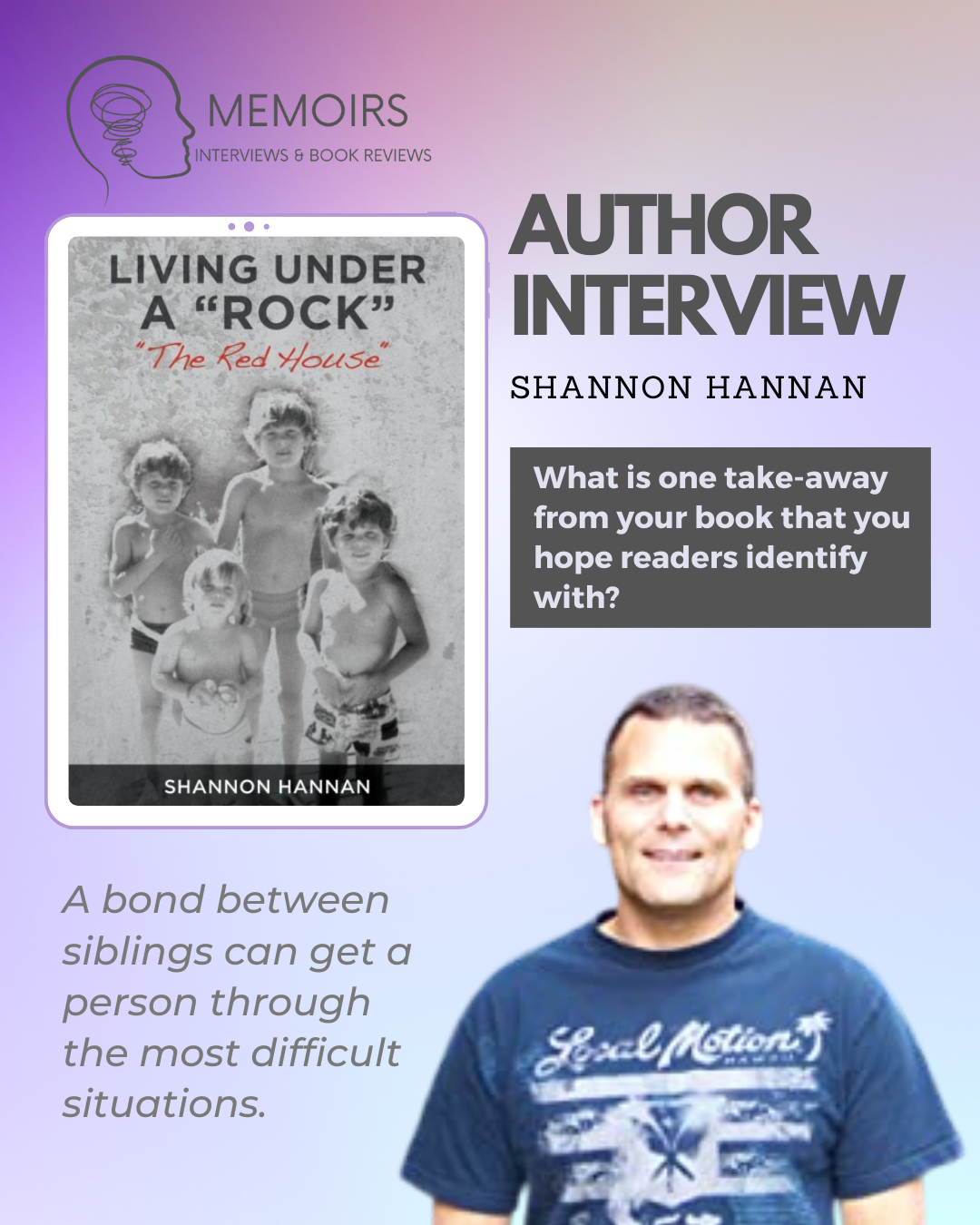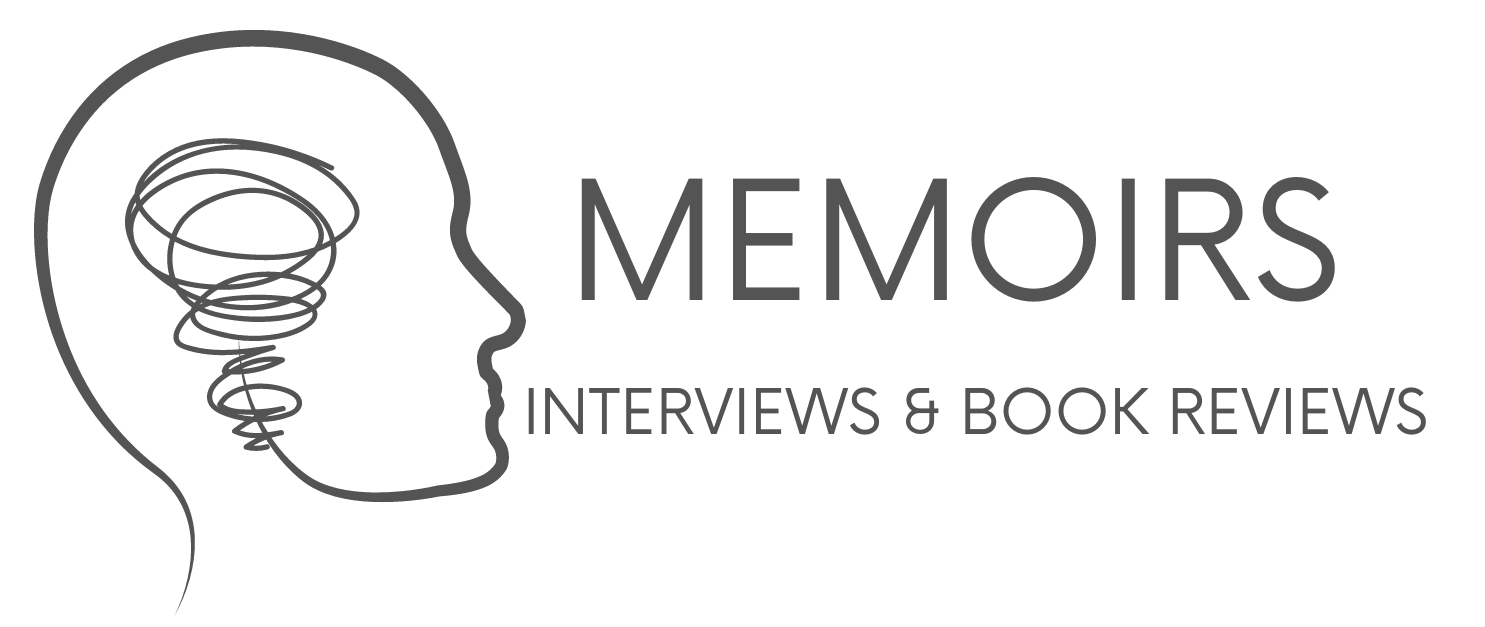My name is Mary Ellen Tuthill. I am a writer and a poet. How I came to be a writer and a poet began with a love of reading. I was in the third grade when I found myself being shuttled to reading tutors by my mother. Sessions were often topped off with a visit to Howard Johnson’s restaurant. Turned out my third-grade teacher, an old nun, had not been effective in teaching her students, so my mother stepped up and in turn, gave me a lifelong gift.
 Books were a refuge for me and while I never read poetry, I would create it. Poetry served as a way for me to cope with the challenges presented. I wrote it for many years and eventually published a book, The Linen Man & Other Poems.
Books were a refuge for me and while I never read poetry, I would create it. Poetry served as a way for me to cope with the challenges presented. I wrote it for many years and eventually published a book, The Linen Man & Other Poems.
I was raised in the 1950s. A history major in college, I do recall one instance where I gravitated to an economics book. Not only did I gravitate but I devoured it! It was The Concept of the Corporation by Peter F. Drucker. I read it like a novel and then parked it away. It would be decades before financial writing would come to the fore in my life.
In the interim, I worked as a radio news anchor and reporter. During those years I wrote a column about startup companies in our area, but never even remotely connected the work to a future career move.
It was 1992 when I felt I needed a change, a new challenge. I decided to become a stockbroker. I knew nothing about money and how it all worked. The learning curve was steep. I would remain in the financial services business for 13 years. Working both as broker and investment advisor. Along the way, I wrote a financial planning column for the local paper.
The column served me well, as it opened the door to a more stable work environment. Leaving the rough and tumble securities business behind, I became a financial writer.
It was 2006 when I began to write for iMoneyNet, the predominant supplier of all data relating to money market mutual funds. Not long after the financial crisis hit, everything changed. Money market funds, it turned out, played a pivotal role in the crisis. Shadow banking would be my subject area for the next ten years.
I was hooked. The whole idea fascinated me, and I was determined to learn all I could about it. In 2017 our parent company, Informa, laid off much of the iMoneyNet staff, me included. I did not stop there but continued my research and ultimately wrote the book Repo Madness: A Simpleton’s Guide to the Street’s Wicked Ways.
In addition to shadow banking, I have written books about narcissism along with opinion pieces on a variety of subjects.
Tell us about your journey as an author.
As a graduate student at the University of Maryland, I would come across classmates who wanted to be writers; one in particular. The American Studies department consisted of a small group of students. We bonded and talked about the books and ideas we shared. Kevin wanted to be a writer! Like, right away! His whole identity hinged on it. I remember thinking, “You can’t write about anything until you have experienced everything.” Well, maybe not everything, but a lot of stuff.
It would be decades before I would write. And by the time I did I had experience to draw upon. When I arrived at iMoneyNet, I had spent 13 years in the financial services industry and had written about finance for a few years. So, it came as an utter shock to me that I had no knowledge of shadow banking.
My process involved writing stories and amassing articles, papers, government reports-you name it-for a rainy day. A day when I would once and for all wrap my arms around the whole nasty business. By the time I left iMoneyNet I had boxes and boxes to go through, organize and analyze (the best I could!). After organizing the material, I wrote summaries of each category. The writing helped me process the seemingly impenetrable lexicon that was shadow banking.
Then came the day I decided to sift through it all and only take the most compelling material to include in my book.
Tell us about your book.
On reading Repo Madness: A Simpleton’s Guide to the Street’s Wicked Ways, you will learn how the shadow banking system took root outside the purview of regulators. How burgeoning federal debt coupled with high interest rates fueled it in the 1980s and how the press and those in a position to stem the tide did nothing. In fact, you will see how the congress greased the skids with little or no understanding of the implications of its action.
You will see that as far back as 1987 there were warnings. Jackson Hole, Wyoming, where the Fed holds its annual symposium, was the site where economist Franklin R. Edwards spoke of institutions “being entangled.” His presentation was prescient, titled “Can Regulatory Reform Prevent the Impending Disaster in the Financial Markets.”
I liken shadow banking to fiberoptic cables running over our heads. Were one to look at the earth from the moon, it would resemble a giant ball of twine. Running along these cables are trillions of transactions every day. Globally the shadow banking system’s delivery mechanism, repurchase agreements, total $25 trillion! Yet, no one knows about it. Once you’ve read my book you will know about it and then some. You will come away with knowledge of a system that informs all our lives.
The shadow banking system is made up of participants who wield enormous power. You will learn not from me but from an insider how anyone who dares put forth meaningful reform is silenced by those in the industry, academics and given the dearth of reporting on any such measures, the financial press.
You’ll hear from these people in my book. You will learn not from me, but from economists who proclaim there is no evidence whatsoever that shadow banking exists for the public good. In fact, they admit that the financial tsunami called shadow banking has no benefit to society at all.
Their comments are hidden away in speeches, and papers. But they exist and now, the wider world can view them.
If you like to follow the issues, civil rights, education, politics don’t you think it’s time you learned about the $25 trillion repurchase agreement market and how financial institutions use it to play in the biggest casino in the world–the shadow banking system? And then, think about us. The hideous interest rates we’ve been forced to live with, that service the shadow banking system!
It is a race to the bottom fueled by debt. My book ends with a chapter on work done by those who believe in a financial system that would benefit everyone. Their ideas hold great promise. But nary a word spoken. I wrote with this book to enable them to have a larger platform and empower the newly enlightened by having complete confidence when saying, shadow banking must be supplanted by an entirely new financial system.
What genre is your book? Who is your intended audience?
Finance/Social Science, adults.
Do you have a message for your readers?
Understand that the concepts and ideas laid out in this book are not easily accessible. Understand that an economics professor who taught at a prestigious college whom I encountered never heard of repo. 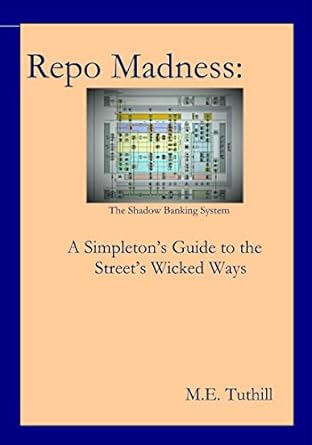 This meeting occurred two decades into repo’s proliferation. You won’t read what I have written about in the newspaper or hear about it on financial networks. If you were to contact your congressman and inquire how they feel about repo you will get a blank stare. I know this second-hand, as a close friend has experienced this time and again.
This meeting occurred two decades into repo’s proliferation. You won’t read what I have written about in the newspaper or hear about it on financial networks. If you were to contact your congressman and inquire how they feel about repo you will get a blank stare. I know this second-hand, as a close friend has experienced this time and again.
What you will come away with after reading this book is the knowledge that today, in 2023, regulators are grappling with getting information on huge swathes of the financial markets. In 2021 SEC Chairman Gary Gensler called the securities-lending market “opaque.” Meanwhile the Office of Financial Research’s limp-wristed efforts to gain information is laughable. Endowed with the ability to enforce reporting requirements the OFR has opted not to use it.
Knowledge is power. This book is just one small contribution. The hope is it will instill in you a curiosity to learn more and ultimately to act. We deserve better.
How do you make non-fiction interesting and engaging while still being informative?
Humor is very important as well as a healthy dose of cynicism. My friend Mary Fricker of RepoWatch.org, a shadow banking education website, said she loved the book’s “irreverent” tone. And as I previously stated I cherrypicked the most compelling and in some cases shocking information about how the system operates. My book is short but packs a powerful punch. As a poet I used to have a mantra, “economy of words.” I applied this to my book, working hard not to deviate from the main message.
What is your favorite part of writing?
My favorite part of writing is being able to express my opinions, thoughts, and feelings. For years I focused on poetry. Poetry was my therapy. Writing verse allowed me to articulate my inner struggles. It played a very important role in my life. Subsequently, I turned to essays and have even written two books about my personal life. Writing, which was born of a love of books, has got me through some very tough times.
I also enjoyed writing about shadow banking because I became a detective sifting through the constructs of complicated financial instruments and breaking them down so the reader could understand them and their attendant risks.
What is your next project?
I am thinking about writing a play about the inventor of FM radio, Edwin H. Armstrong.
Please share your social media links!
Purchase Repo Madness: https://amzn.to/3tDIA3W
